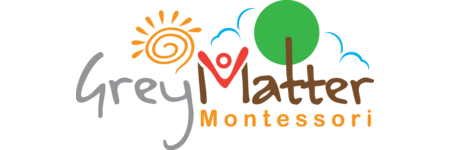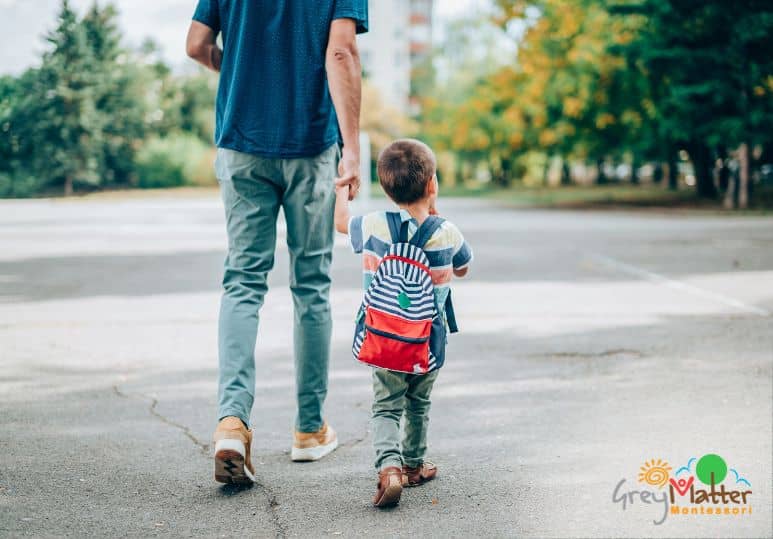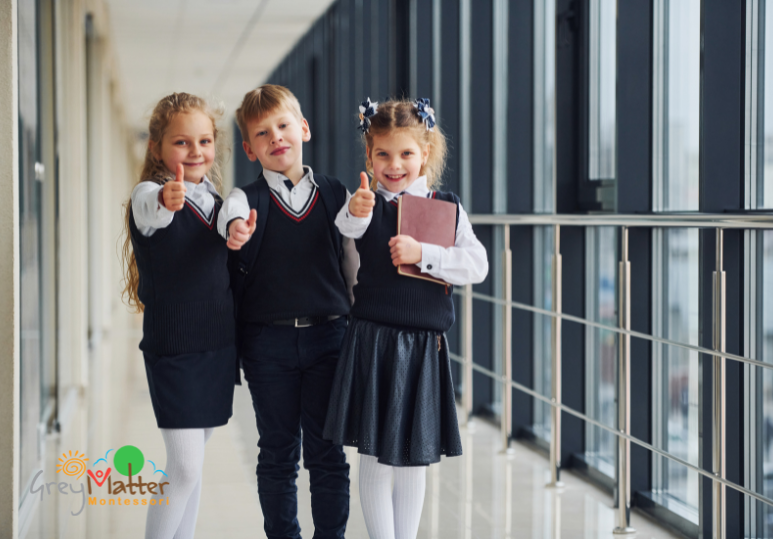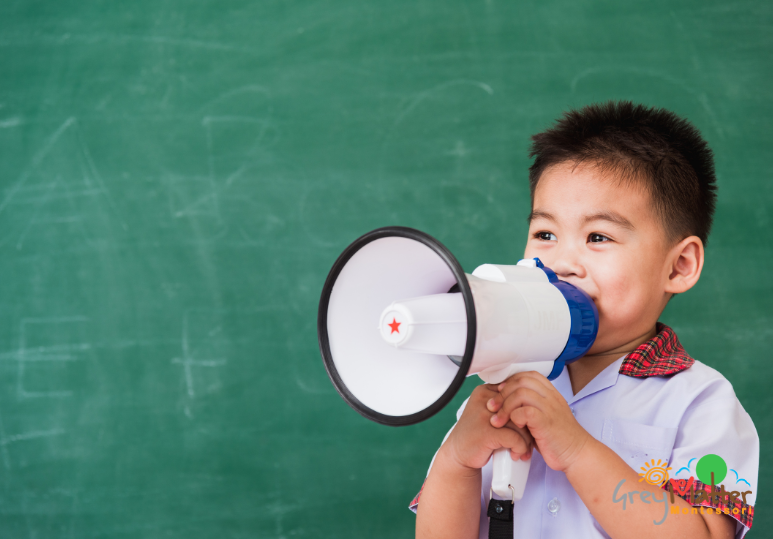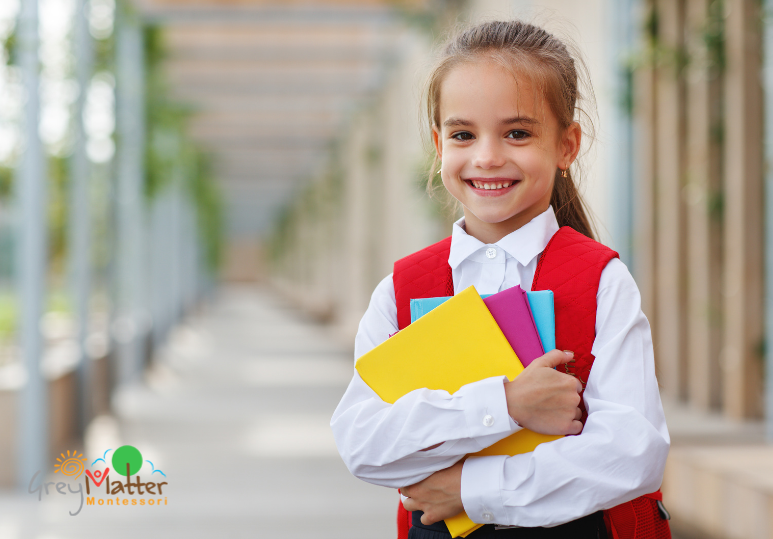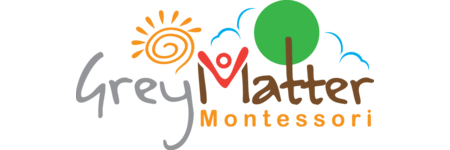The journey into formal education is a significant milestone in a child's life, and for parents, it marks a period of excitement and perhaps a touch of anxiety. Kindergarten lays the foundation for a child's academic and social development, making it crucial for parents to play an active role in the preparation process. This comprehensive back-to-school guide is designed to ease the transition into kindergarten for both parents and children, offering practical tips and insights to ensure a smooth start to this exciting chapter.
Creating a Positive Mindset
The first step in preparing for kindergarten is to cultivate a positive mindset, not just for your child but for yourself as well. Children are highly perceptive and can pick up on their parents' emotions, so it's essential to project enthusiasm and confidence about this new adventure. Share positive stories about your own school experiences and highlight the fun aspects of kindergarten, such as making new friends, engaging in creative activities, and learning exciting new things. Reassure your child that kindergarten is a safe and welcoming environment, fostering a love for learning and exploration.
As a parent, it's normal to feel a mix of emotions, including pride, joy, and perhaps a bit of worry. Take the time to acknowledge and address your concerns, but also focus on the positive aspects of your child's growth. Remind yourself that kindergarten is a time for new experiences, personal growth, and building a strong educational foundation. By adopting a positive mindset, both you and your child will approach the first day of kindergarten with excitement and confidence.
Practicing Independence and Basic Skills
Kindergarten is a time when children begin to develop a sense of independence and self-reliance. To ease this transition, encourage your child to practice basic skills that will be beneficial in a classroom setting. Teach them to put on and take off their own shoes and jackets, practice using the restroom independently, and develop basic self-care routines. These skills not only foster independence but also boost your child's confidence in handling everyday tasks.
Additionally, work on developing your child's fine and gross motor skills. Engage in activities that enhance hand-eye coordination, such as drawing, cutting, and building with blocks. Play games that involve running, jumping, and balancing to improve gross motor skills. These activities not only prepare your child for the physical aspects of kindergarten but also contribute to their overall cognitive and social development.
By instilling a sense of independence and honing basic skills, your child will enter kindergarten with a greater sense of confidence and capability. This not only facilitates a smoother adjustment to the classroom environment but also positions them for success in various learning activities.
Establishing a Consistent Routine
One of the key elements in preparing for kindergarten is establishing a consistent daily routine. Kindergarteners thrive on predictability, and having a structured routine helps create a sense of security and stability for your child. Begin by gradually adjusting your child's sleep schedule to align with the school day. This ensures they are well-rested and ready to engage in learning activities.
Create a morning routine that allows sufficient time for getting ready, having a nutritious breakfast, and engaging in a brief bonding activity with your child. Consistency is key, so aim to maintain a similar routine throughout the week. This helps your child understand what to expect each day, reducing anxiety and promoting a positive attitude toward school.
Incorporate a designated homework or study time into your child's routine, even if kindergarten assignments are minimal. This establishes a habit of dedicating time to learning and reinforces the importance of education. Additionally, include moments for play and relaxation, allowing your child to unwind and recharge after a day of learning and socializing.
By implementing a consistent routine, you not only prepare your child for the structure of kindergarten but also contribute to their overall well-being and academic success.
Building a Partnership with Teachers and School Staff
Successful kindergarten experiences are often a result of strong partnerships between parents and teachers. Take the initiative to build a positive relationship with your child's teacher and other school staff. Attend orientation events, parent-teacher meetings, and any other opportunities to connect with the educators who will be guiding your child's learning journey.
Communicate openly with teachers about your child's strengths, interests, and any concerns you may have. Establishing clear lines of communication ensures that both parents and teachers are on the same page, working together to support the child's development. Be proactive in seeking feedback and guidance on how to reinforce classroom learning at home.
Volunteer for school activities or join parent-teacher organizations to actively participate in the school community. By becoming involved, you not only demonstrate your commitment to your child's education but also contribute to the overall positive atmosphere of the school.
Remember that the transition to kindergarten is a shared experience, and maintaining open lines of communication with teachers and school staff fosters a collaborative environment that benefits everyone involved.
Preparing for kindergarten is a multifaceted process that involves nurturing a positive mindset, practicing independence and basic skills, establishing a consistent routine, and building strong partnerships with teachers and school staff. By approaching this milestone with enthusiasm and a proactive mindset, both parents and children can embark on the kindergarten journey with confidence and excitement. Remember, kindergarten is not just about academic learning; it's a time for personal growth, building friendships, and laying the foundation for a lifetime of curiosity and discovery. Embrace the adventure, and savor the moments of joy and achievement that come with your child's first steps into the world of formal education.
FAQs
Q: How can I prepare my child emotionally for kindergarten?
A: Foster emotional readiness by talking positively about school, reading books together, and addressing any concerns your child may have.
Q: What should I do if my child is struggling in kindergarten?
A: Communicate openly with teachers, seek guidance on how to support learning at home, and collaborate with the school to address any challenges your child may be facing.
Q: How can I stay involved in my child's education during kindergarten?
A: Attend school events, volunteer for activities, join parent-teacher organizations, and maintain open communication with teachers to stay actively involved in your child's educational journey.
